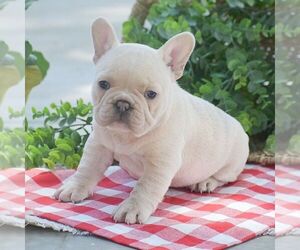- USA
- Canada
- United Kingdom
- Australia
- Worldwide
- Europe
- Albania
- Andorra
- Austria
- Azerbaijan
- Belarus
- Belgium
- Bosnia and Herzegovina
- Bulgaria
- Croatia
- Cyprus
- Denmark
- Estonia
- Faroe Islands
- Finland
- France
- Georgia
- Germany
- Greece
- Hungary
- Iceland
- Ireland
- Italy
- Latvia
- Liechtenstein
- Lithuania
- Luxembourg
- Macedonia
- Malta
- Moldova
- Monaco
- Montenegro
- Netherlands
- Norway
- Poland
- Portugal
- Romainia
- Russia
- San Marino
- Serbia
- Slovakia
- Slovenia
- Spain
- Svalbard
- Sweden
- Switzerland
- Ukraine
- Americas
- Anguilla
- Antigua and Barbuda
- Argentina
- Bahamas
- Barbados
- Belize
- Bermuda
- Bolivia
- Brazil
- Cayman Islands
- Chile
- Colombia
- Costa Rica
- Dominica
- Dominican Republic
- Ecuador
- El Salvador
- French Guiana
- Greenland
- Grenada
- Guadeloupe
- Guatemala
- Guyana
- Honduras
- Jamaica
- Martinique
- Mexico
- Montserrat
- Nicaragua
- Panama
- Paraguay
- Peru
- Saint Kitts and Nevis
- Saint Lucia
- Saint Pierre and Miquelon
- St Vincent and the Grenadines
- Suriname
- Trinidad and Tobago
- Uruguay
- Venezuela
- Asia Pacific
- Armenia
- Bahrain
- Bhutan
- Brunei
- Cambodia
- China
- Cook Islands
- Fiji
- French Polynesia
- Hong Kong
- India
- Indonesia
- Israel
- Japan
- Jordan
- Kazakhstan
- Kiribati
- Kuwait
- Kyrgyzstan
- Laos
- Malaysia
- Maldives
- Marshall Islands
- Micronesia
- Mongolia
- Nauru
- Nepal
- New Caledonia
- New Zealand
- Oman
- Palau
- Papua New Guinea
- Philippines
- Qatar
- Samoa
- Saudi Arabia
- Singapore
- Solomon Islands
- Korea, South
- Sri Lanka
- Taiwan
- Tajikistan
- Thailand
- Tonga
- Turkmenistan
- Tuvalu
- United Arab Emirates
- Vanuatu
- Vietnam
- Wallis and Futuna
- Yemen







